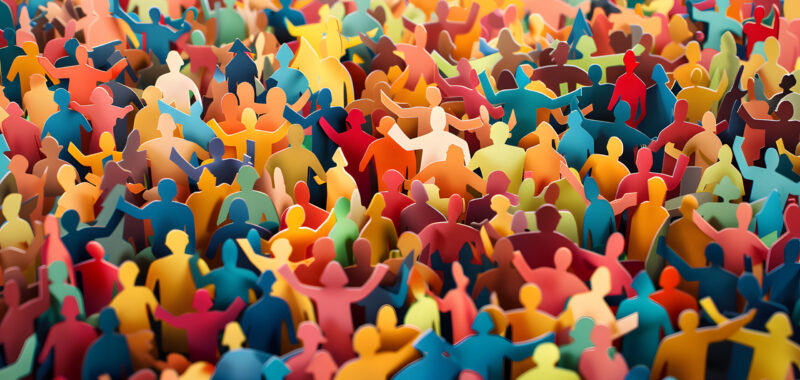 Today, we live in a most divided modern time — locally, statewide, nationally, and even globally. Unfortunately, the last time our country was forged into a brief but patriotic surging national sense of unity was in the wake of the 911 attack on our own soil, 23 years ago.
Today, we live in a most divided modern time — locally, statewide, nationally, and even globally. Unfortunately, the last time our country was forged into a brief but patriotic surging national sense of unity was in the wake of the 911 attack on our own soil, 23 years ago.
Tragically, only a deadly common threat bound us together at that time, briefly – and not much else, if anything, ever since.
Other unifying events in modern history are few and far between: National pride over the 1969 historic moon landing, Hank Aaron breaking Babe Ruth’s home run record and Cal Ripken, Jr. breaking Lou Gehrig’s “Iron Man” record for most consecutive Major League Baseball games played; and American prominence and dominance in periodic global Olympic games.
On the entertainment side, when major stars have come together for meaningful charitable purposes, we’ve cheered for things like “Live Aid,” “Farm Aid,” and the historic 1980s “We Are the World” gathering of music’s greatest talents.
In these starkly divided times, one positive truth is that relief from our woes often comes from appreciation of mass-audience events: sports and the arts/entertainment. Rather than ignore that truth, we should embrace it—to promote, produce, and protect such unifying moments that bring us together despite our differences.

An ongoing toxic lack of civility seems to permeate our politics at every level — and it doesn’t just trickle down; it forms a tidal wave of negativity that is now reflected in almost every institution and in all our public, private, and non-profit sectors.
Bullying is prevalent across age groups and in many walks of life, evidenced by religious differences, civic disengagement, or lack of acceptance for the value our neighbors bring to the community.
It seems that we can no longer agree that we can disagree on issues that have existed throughout history without demonizing those who disagree on all sides of nearly every issue.
The importance of audiences gathering for live performances has been and can be a healing balm for this dark era – to unite us, even briefly.
Whether it be folk, jazz, western European, any genre of dance, family events, theater, rock, pop, rap, hip-hop, blues, rhythm & blues, soul, mime, film, video, visual, spoken word, cirque, Celtic arts, and beyond. All are languages of our global community. These significant means of communication cross borders and meld landscapes of hope and sharing.

This same principle extends to a shared enjoyment of photography, painting, and artistic representations of natural landscapes, regions, fresh water, and fresh air — and, especially, vivid portrayals of people and the nobility of our human struggles and triumphs.
The arts provide a tapestry of inclusion regardless of race, creed, color, gender, age, ethnicity, geographical boundaries, political orientation, or religious beliefs. In many ways, arts and sports are the medicine we most need today to welcome opportunities to ‘unite,’ if only for a little while.
The proscenium arch is the open space that separates a stage from the auditorium. In sports, similarly, it’s the stands, apart from the playing field. It becomes neutral for us all—akin to audiences being as ‘neutral’ as Switzerland while enjoying something special together.
We’re all beneficiaries of the universality of the arts, the creative processes, and the artistry of sports of all kinds. We’re all in a position to help preserve and protect – to save – humankind. When we peacefully, gratefully gather. as audiences, we listen, watch, appreciate, and cheer a special light to our existence — together.
The world can be changed for the better if we unite as audiences to step away from the deep divide in this difficult time.
Experiencing artistic and sporting events fills us with positivity – especially when we don’t know or need to know the politics or different views of those next to us, behind us, or in front of us. Any and all such events enrich our days and lives.
The answer to the hardest questions of our divided time may often be found as members of a grateful audience of diverse people — not just for uniting to escape the harshness of today’s differences but also to celebrate shared times of joy.
___
Dr. Michael Blachly, former director of Florida State University’s Opening Nights Performing Arts Series, is also a past director of performing arts for the following: 1982 World’s Fair, UCLA, University of Florida, Colorado State University, University of Tennessee, University of Hawaii, and Vice President with Columbia Artist and Bill Fegan Attractions in a career spanning over 50-years.
Post Views: 0

